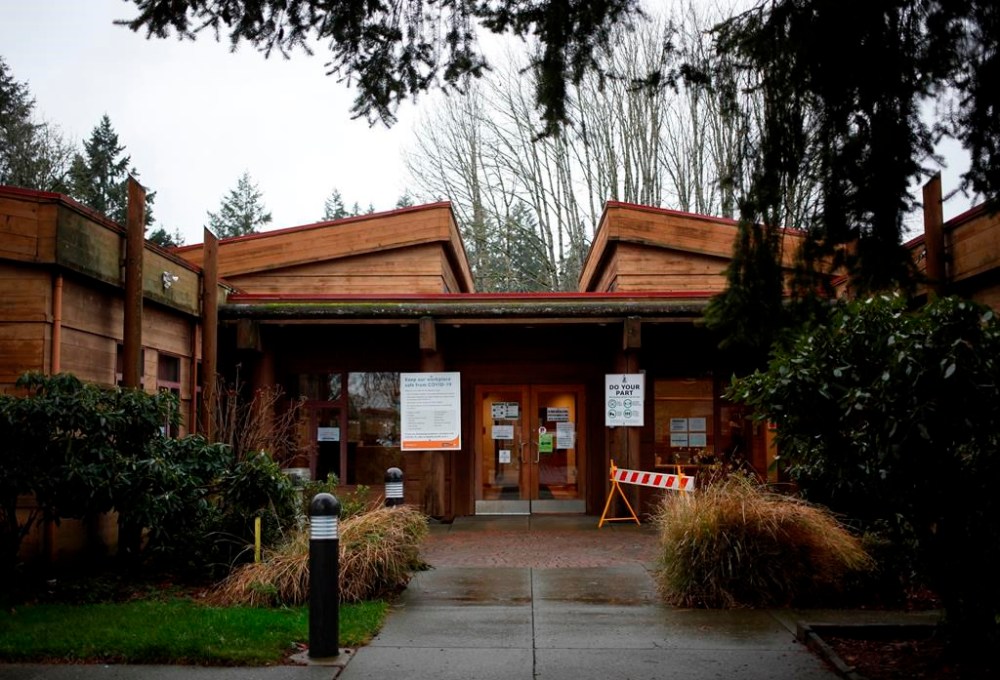B.C. First Nation votes to take over child and family services for its members
Advertisement
Read this article for free:
or
Already have an account? Log in here »
We need your support!
Local journalism needs your support!
As we navigate through unprecedented times, our journalists are working harder than ever to bring you the latest local updates to keep you safe and informed.
Now, more than ever, we need your support.
Starting at $15.99 plus taxes every four weeks you can access your Brandon Sun online and full access to all content as it appears on our website.
Subscribe Nowor call circulation directly at (204) 727-0527.
Your pledge helps to ensure we provide the news that matters most to your community!
To continue reading, please subscribe:
Add Brandon Sun access to your Free Press subscription for only an additional
$1 for the first 4 weeks*
*Your next subscription payment will increase by $1.00 and you will be charged $20.00 plus GST for four weeks. After four weeks, your payment will increase to $24.00 plus GST every four weeks.
Read unlimited articles for free today:
or
Already have an account? Log in here »
Hey there, time traveller!
This article was published 26/11/2023 (716 days ago), so information in it may no longer be current.
DUNCAN, B.C. – British Columbia’s largest First Nation has voted to take over authority of child and family services for its members.
Results of a vote held by the Cowichan Tribes show 83 per cent of the 416 citizens who cast ballots were in favour of the new law that would prioritize supports to keep children with their families or place them with relatives or in other Indigenous homes.
Negotiator Robert Morales, who helped develop the new law, said the Government of Canada decided what was best for Indigenous children for more than 150 years and chose to remove them from their families and culture when placing them in the child welfare system.

“(The new law) represents a significant step in the self-determination of the Cowichan people,” he said.
“The ability to make determinations as to what’s in the best interests of your children is a very fundamental right, and one that the community should have a significant say in and not have outside governments making those determinations,” he said in a phone interview.
Federal legislation that took effect in 2020 allows Indigenous communities to create and manage their own child welfare systems.
The Cowichan Tribes, which has about 5,300 members and is based on Vancouver Island, have been negotiating for years with the federal and provincial governments on what the transition will look like.
Morales said those negotiations are expected to wrap up by January and the Cowichan Tribes are hoping to take over by April 2024.
For now, he said the new law will apply to members living anywhere on Vancouver Island and on the Gulf Islands but could eventually be applied to all members of the First Nation in the child welfare system anywhere in Canada.
“Under the federal legislation, they have not set any geographic boundaries. So Indigenous laws apply as far as the Indigenous nations says they want their laws to apply,” Morales said.
“But the federal government has also said that their position is that each nation would need to negotiate a co-ordination agreement with the province.”
He said there are about 100 children who are members of Cowichan Tribes currently covered under B.C. provincial laws, adding the goal once the First Nation takes over will be family reunification whenever possible.
Cowichan Tribes Chief Lydia Hwitsum said in a statement ahead of the vote that ratifying the law means keeping families together in a way that reflects the community’s teachings and ways of being.
“We are at a defining moment in our history, with the opportunity at our fingertips to chart a happy, healthy, and culturally-rich future for our smun’eem, our children,” she said.
This report by The Canadian Press was first published Nov. 26, 2023
— By Ashley Joannou in Vancouver
